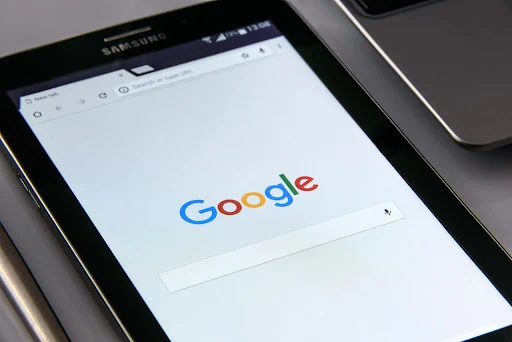Google and ChatGPT are both powerful tools for information retrieval and interaction, but they serve different purposes and operate in distinct ways. Here’s a comparison of the two:
1. Purpose:
- Google: Google is a search engine. It indexes and ranks billions of web pages, allowing users to search for specific information by inputting keywords or queries. It provides links to websites, images, videos, news, and other types of content.
- ChatGPT: ChatGPT is an AI language model designed to generate human-like text based on user prompts. It can answer questions, provide explanations, assist with writing tasks, or even hold conversations. It doesn't search the web in real-time but uses a large pre-existing dataset to generate responses.
2. Information Source:
- Google: Retrieves real-time information from the internet, updating dynamically as new content is indexed. It can give you up-to-date news, current events, and a wide range of online resources.
- ChatGPT: It generates responses based on the data it was trained on, which is up to a certain point in time. ChatGPT does not access or retrieve live data from the web during a conversation, which means it might provide outdated or incomplete information.
3. Interaction Style:
- Google: Provides links to resources or snippets of information based on your search terms. Users typically need to click through different results to gather full information.
- ChatGPT: Offers direct, conversational responses to queries. It provides immediate, coherent answers without the need for clicking through multiple resources.
4. Type of Responses:
- Google: Results are varied and often require the user to sift through multiple search results to find the most relevant or reliable source.
- ChatGPT: Gives more focused, personalized responses and can tailor its language or tone depending on the user’s needs. However, it cannot browse the internet for real-time information.
5. User Intent:
- Google: Great for finding specific documents, websites, research papers, images, and videos, or when you need to browse a wide variety of sources.
- ChatGPT: Useful when you need a direct answer, creative writing, code help, brainstorming, or in-depth explanations on a variety of topics.
6. Speed:
- Google: Provides links or snippets almost instantly. However, users might need to navigate multiple sites to get complete answers.
- ChatGPT: Gives instant answers directly, but it can sometimes take longer to generate responses, especially for more complex or nuanced queries.
7. Use Case:
- Google: Ideal for research, finding references, current news, or specific websites.
- ChatGPT: Better for detailed answers, explanations, writing assistance, or engaging in a conversation-like format.
8. Limitations:
- Google: Dependent on external sources for the quality and accuracy of information; can be skewed by SEO practices or misleading sites.
- ChatGPT: Can sometimes provide inaccurate or overly general answers. Since it doesn’t have access to live data, it can’t provide information about recent events or changes.
9. Learning and Adaptation:
- Google: Uses algorithms to improve search results based on user behavior but doesn’t "learn" in the sense of having an ongoing conversation.
- ChatGPT: Can maintain the context of a conversation and adapt its responses to ongoing queries, but its learning is not continuous in real-time; updates happen periodically.
In summary, Google is a powerful tool for finding real-time information and navigating the web, while ChatGPT is an AI that generates conversational, context-aware answers based on its training, making it ideal for focused queries and interactive dialogues.


